Louie Douvis and Natassia Chrysanthos are making a name for themselves in the field of Australian journalism after they were named as finalists in the NRMA Kennedy Awards for 2021.
Douvis, who is the Chief Photographer and Photo Editor at the Australian Financial Review (AFR) and Sydney Morning Herald (SMH), has been recognised in the ‘Outstanding Portrait’ category for his photograph of folk singer, Martha Marlow.
Meanwhile, Chrysanthos, who is an Education Reporter at the SMH, is in the running for ‘Young Journalist of the Year.’
To celebrate this exciting news, The Greek Herald spoke with both Douvis and Chrysanthos to find out more about their career trajectory and of course, to ask them how it feels to be recognised in the prestigious awards.
Louie Douvis:
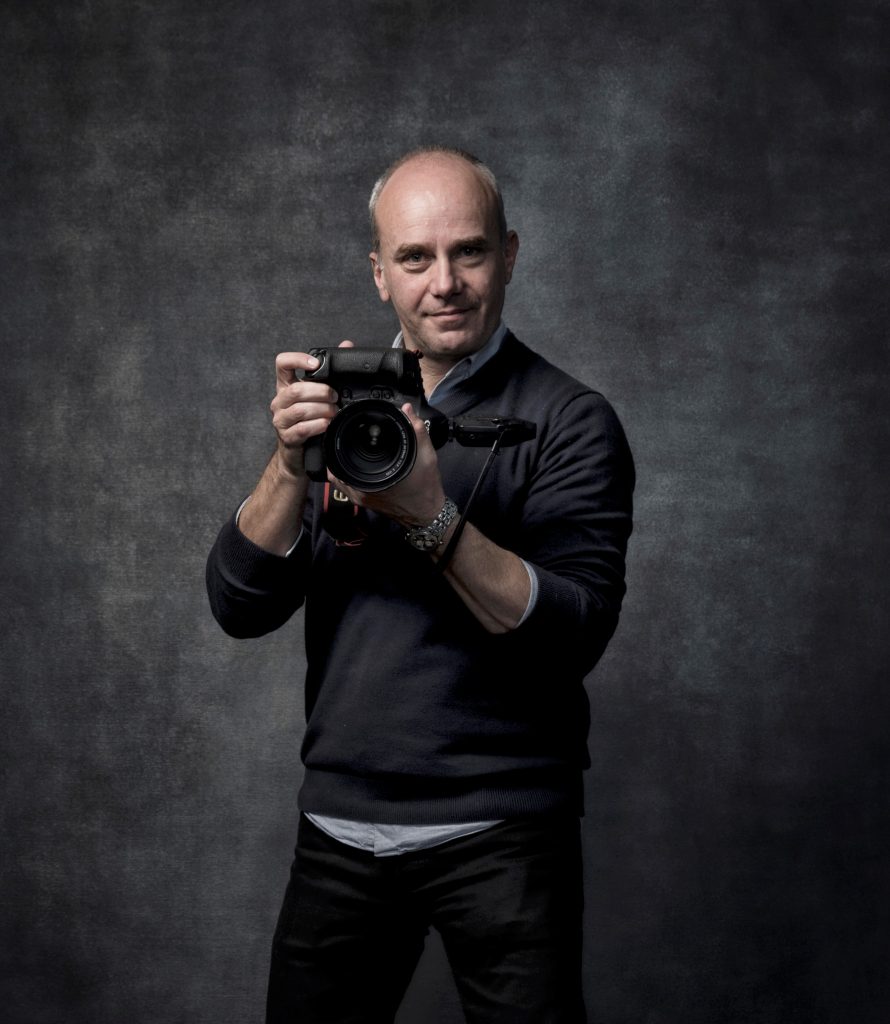
1. Congratulations on being named a finalist in the Kennedy Awards 2021 in the category ‘Outstanding Portrait.’ How does it feel to be recognised?
It feels fantastic to be recognised in the outstanding portrait category of the Kennedys. I’ve been shooting portraits for many years and what I’ve learnt over time is good planning and preparation produce the best outcomes.
2. What portrait are you being recognised for?
The portrait I am being recognised for is a SMH Spectrum cover photo of folk singer, Martha Marlow. It came about after I shot another Spectrum cover and the editors and my manager, Mags King, were impressed with it. So when this opportunity came along, I accepted it immediately. Sometimes you just have to be at the front of people’s minds and take the opportunities when they arise, otherwise you may not get a second chance.
I decided I was going to really go for it [the photo] and I had something in mind, but I needed the right location close to where Martha lives in Waverley. It took me a couple of hours of scouting before the shoot to find the right location at Gordons Bay. The subject and I had also been briefed about what Martha should wear and the sort of feel we were looking for.
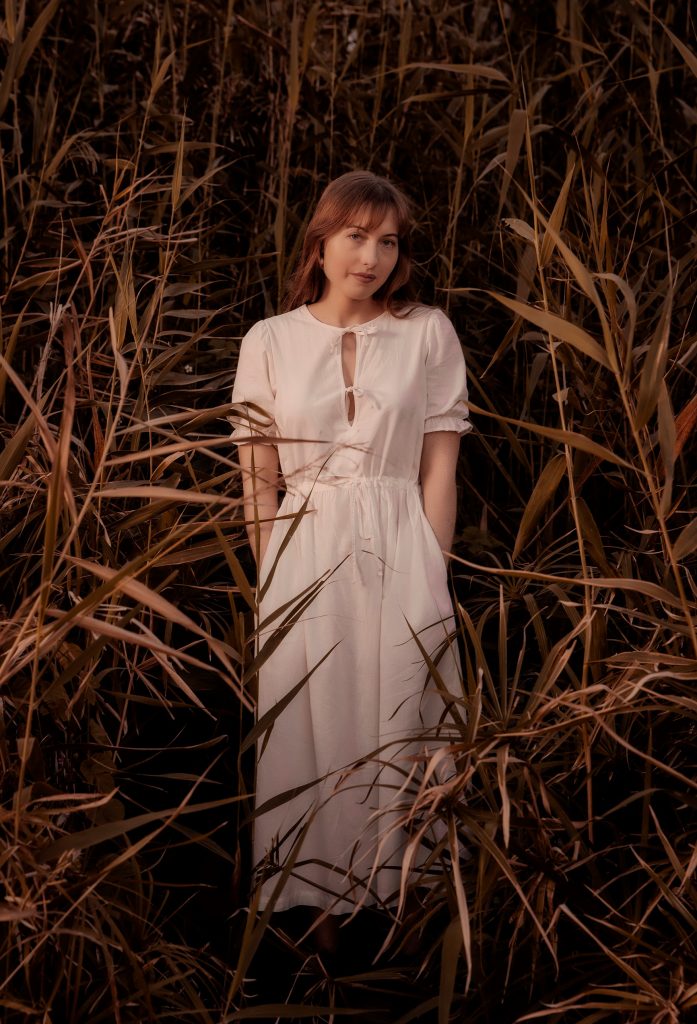
3. Tell us a little bit about yourself.
Both my parents are Greek and from the Peloponnese. My dad immigrated here in the 50’s and lived in Geelong for a few years, and mum in the 60’s. They met in Sydney and settled in the inner west suburb of Dulwich Hill where my sister and I grew up and went to school. I studied Applied Science at UTS, majoring in Geology, so I was not inclined to be a photographer at that stage of my life.
I graduated in 1992 and decided to travel around Europe that year, using the recession as an excuse, as much as a fact, to not be able to find work. After a few months of backpacking, it was time to face reality and come home. I applied for a few jobs in my field but still found it quite difficult so my parents, being good Greeks with contacts, said I should talk to a friend of theirs, Theo, who worked at the old printing press in Broadway. He had a nephew, Spiro, who worked as a copy boy and I was told to meet with him.
One thing led to another and I reluctantly accepted a casual job in the mail room for a couple of weeks. They kept calling me back whenever someone was on leave, which was often, so I pretty much worked full time for a while.
One day while I was doing my mail delivery rounds, I was having a chat with the Financial Review Photographic Editor, Greg Newington, and I asked him if I could do a desktop publishing course in photoshop. It had just come out and everyone was talking about it. I still wasn’t interested in photography but thought ‘why not.’ Soon after I ended up in that department as his assistant.
4. What inspired you to be a photographer?
I had no idea what I wanted to be. I knew I was good at geology at school, so I pursued that for as long as I could. Photography came about only because of the environment I was working in. There was a bit of redundant photographic gear just sitting in cupboards and I had plenty of opportunity. There were lots of very good and inspiring photographers working in the industry that I had access to back then, so I learnt a lot from them and from making lots of mistakes along the way.
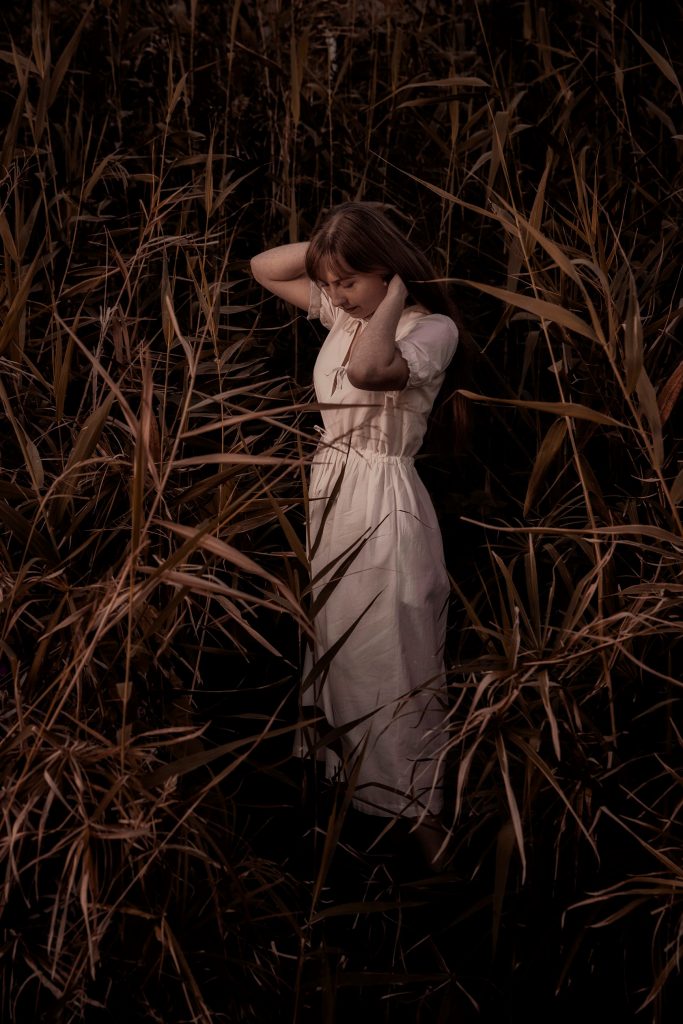
5. Tell us a little bit about your career. What do you enjoy most about your work?
I’ve mainly stuck with the AFR and have recently spent more time shooting across the Fairfax (Nine) mastheads rather than doing admin, as I enjoy it so much more. I do find editing interesting and listening to all the great minds in news is quite amazing.
I love rising to a big challenge and when I get that incredible result at the end. The great thing about photography is the instant gratification you get when your vision becomes a reality.
I also really enjoy meeting new people and getting to know a little bit about them. Talking to them and getting a bit of their personality is a vital part of the process. I’ve met and photographed everyone from Prime Ministers and captains of industry to average citizens and school kids. Understanding them and seeing what they’re about is incredibly fascinating to me.
6. Does your Greek heritage influence your work in any way?
It is a great privilege to have a Greek heritage and I feel so much richer for it. It especially comes in handy when travelling as so many people have a great love and story to tell about Greece. When I come across other Greeks while in my line of work, I feel a sense of pride. It’s inspiring to see so many doing terrific work in their chosen fields.
7. What are your future plans?
To keep going for as long as possible. It’s a tough and competitive industry so it’s important to keep learning and coming up with new ideas. Never be complacent, the minute you stop learning you may as well retire.
Natassia Chrysanthos:
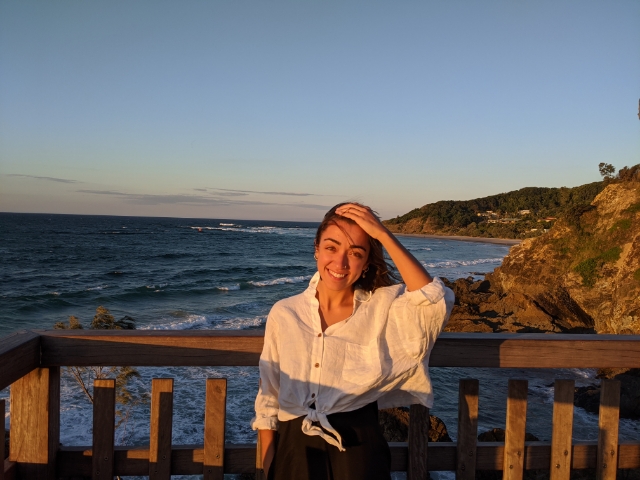
1. Congratulations on being named a finalist in the Kennedy Awards 2021 in the category ‘Young Journalist of the Year.’ How does it feel to be recognised?
I am very grateful to be recognised for my work covering and exposing the problem of sexual assault within Sydney’s school communities. I believe it is a very important issue and that the conversations we’ve had about it as a community this year have been challenging but productive.
When I was at school, I would never have imagined such a candid public discussion about this often-pernicious culture would actually be possible. I feel privileged to have been part of bringing this conversation to a wider audience in the first place, and I am thankful that my role in it has been recognised with this nomination.
2. Tell us a little bit about yourself.
All four of my grandparents migrated to Australia from the Peloponnese in the 40s and 50s. All but one of them coming independently without much money in their pockets. One of my pappou’s, from Lefkohori, came to work on the Snowy Mountains Scheme, while one of my yiayia’s, from Agio Nikola, originally settled in Moree. My other two grandparents came from near Kalavryta. But they all eventually came to live in Sydney and my parents were both born in the city. Mum and dad met through family connections in the 70s. I went to school in Sydney and eventually got my degree from the University of Sydney too.
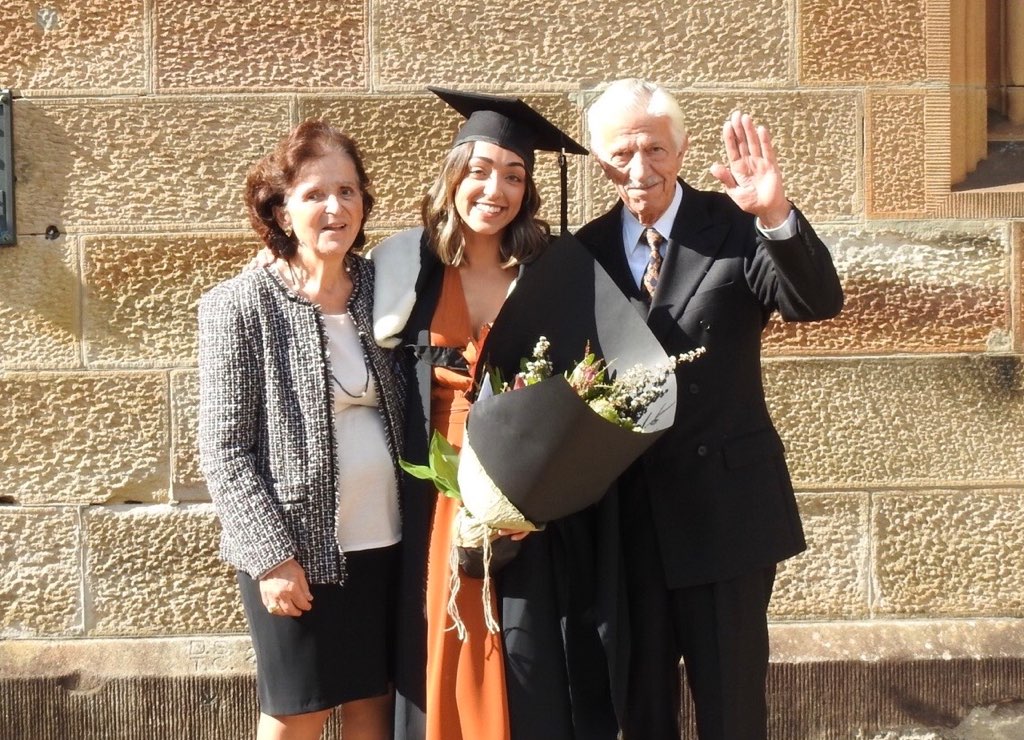
3. What inspired you to be a journalist?
I started university with a combined arts and law degree, majoring in psychology. I quickly learnt that wasn’t right for me but didn’t know what was, so took some time off to travel and work. When I returned to university, I studied international relations and media. I had looked around at the people whose lives and careers I admired and found many were journalists – but it wasn’t until I was a couple of years into my new study path that I became properly passionate about it.
4. Tell us a little bit about your journalism career.
Before starting at the Sydney Morning Herald I did some communications work and was heavily involved in community media. I was an editor of the Sydney University student newspaper, Honi Soit, as well as my area’s local magazine, the inner west publication Ciao Magazine, which gave me really valuable experience in several elements of print publication: writing, sub-editing, commissioning, graphic design, laying up and proofing.
Before that, when I first decided I wanted to pursue journalism, I started pitching articles to small outlets and was soon awarded a fellowship through my university degree to live in Dubai and work at their major newspaper The Gulf News for a month. That was my first exposure to the world of newspapers and how they come together. My longest job, however, has still been as a bookseller at my local Dymocks where I worked for seven years.
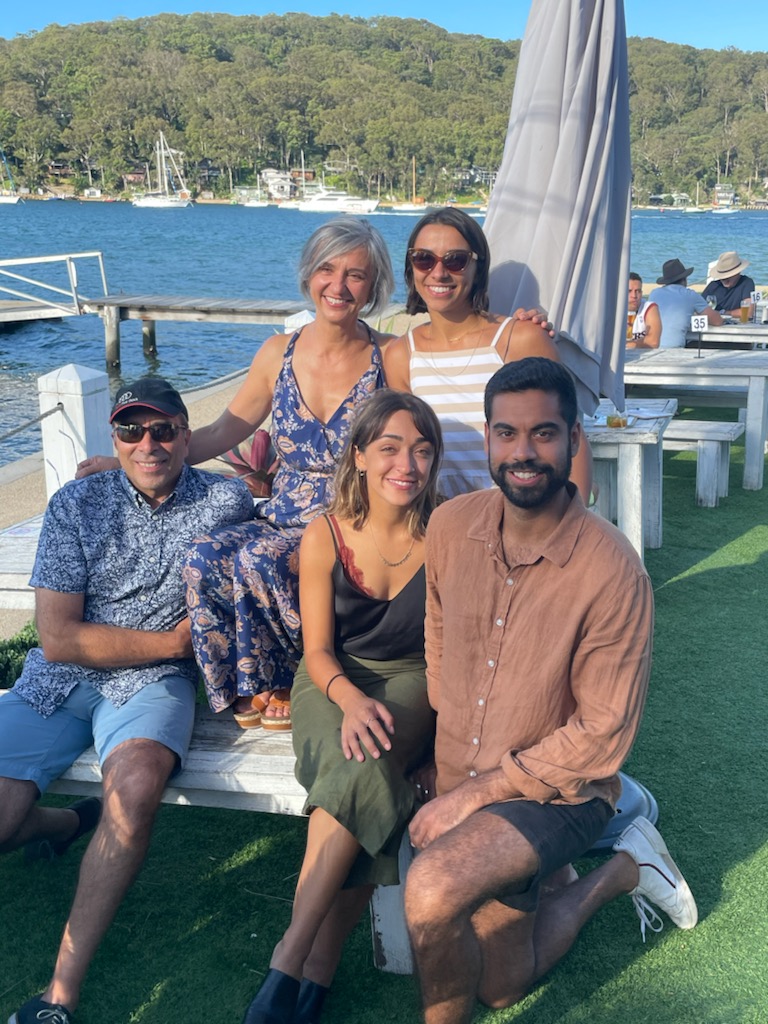
5. What do you enjoy the most about your work?
The pandemic has substantially changed the daily rhythm of work, but I really enjoy the variety: meeting people, learning about a new issue, visiting a part of Sydney or NSW I’ve never spent much time in and hearing different perspectives.
The challenge for me, after all of that, has always been communicating those varied insights or various parts of a story into a clear piece of writing that readers can engage with. I have enjoyed developing and extending my writing and communication skills the longer I’ve been in this job.
A highlight for me was covering the bushfire crisis on the NSW South Coast, which demonstrated some of the best parts of this job: travelling, collaborating with colleagues, working under pressure and creating journalism that was of great value to the community.
6. Does your Greek heritage influence your work in any way?
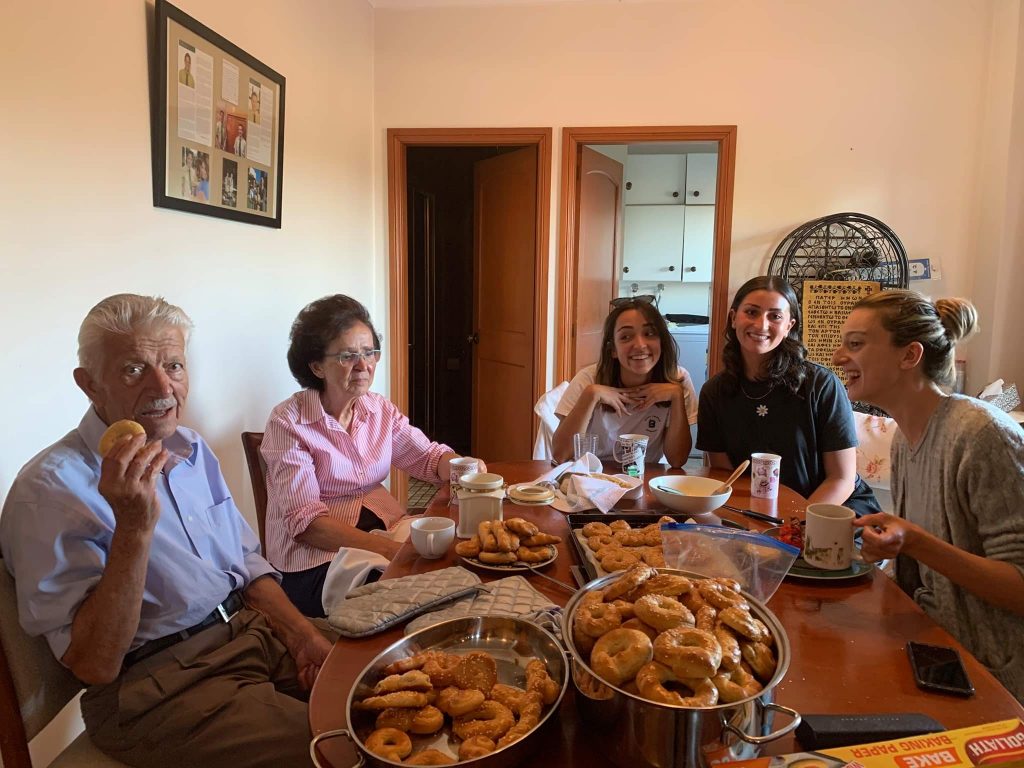
I am very close with my family and can safely say they are my biggest supporters. My mum’s parents started subscribing to the SMH when I started working there and they check each day for my articles. I know when I’ve done a particularly good job because I’ll get a call early in the morning (often before I’ve started work for the day) saying congratulations and telling me what page I’m on. I’ll also know when I’ve done a less than stellar job because my yiayia will question why she hasn’t seen my name in a few days.
But in all seriousness, my family has always instilled in us grandchildren a very strong work ethic, having come from nothing when they first arrived here and built stability and security for the next generation. They place great value in hard work: the first question pappou asks any of his grandkids during each visit is “how is business?”. I believe this has had an enduring impact on how we’ve all pursued our careers. My heritage has also made me passionate about representing Australia’s multicultural diversity in several parts of my day to day work.
7. What are your future plans?
Much of it is pandemic permitting! I would like to expand my skills and try new topic areas, including politics.

